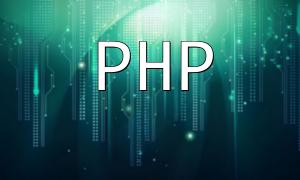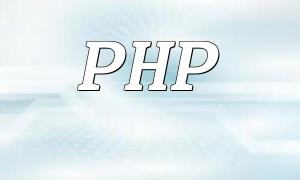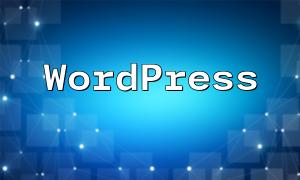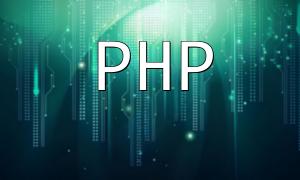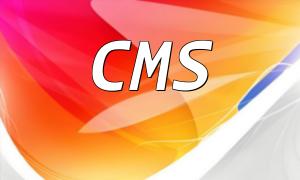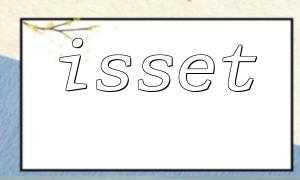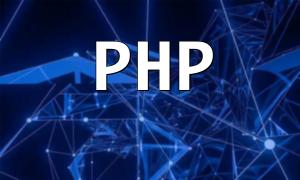PHP (Hypertext Preprocessor) is a server-side scripting language originally created by Dennis Ritchie (Rasmus Lerdorf) in 1994. The origin of PHP can be traced back to Rasmus Lerdorf's development of a simple tool called 'Personal Home Page Tools,' which was used to maintain his online resume and monitor website traffic. In 1995, Rasmus Lerdorf released the first version of PHP, renaming it 'PHP/FI' (Personal Home Page/Forms Interpreter).
As the internet rapidly developed, PHP gradually became a popular server-side scripting language and was widely used in Web development. PHP's syntax is inspired by languages like C, Java, and Perl, and it is easy to learn and use, allowing developers to quickly start coding for web applications.
Throughout its history, PHP has gone through multiple versions and improvements. In 1997, PHP 2.0 was released, introducing the concept of classes and function libraries, making the code easier to organize and maintain. The later PHP 3.0 version added support for MySQL databases, further increasing PHP's utility in Web development. PHP 4.0, released in 2000, introduced support for object-oriented programming, enabling developers to better encapsulate and reuse code. PHP 5.0, released in 2004, brought many new features, including exception handling, improvements in object-oriented programming, and SQLite support, further enhancing PHP's functionality and performance.
Currently, PHP has reached the 7.x version, continuously optimizing its performance and features, improving code execution efficiency and security. Below are some basic PHP code examples to showcase PHP's syntax and features:
<?php echo "Hello World!"; ?>
<?php
$myVariable = "Hello PHP!";
$myNumber = 10;
$myArray = array("apple", "banana", "cherry");
?><?php
$number = 5;
if ($number > 0) {
echo "Positive number";
} elseif ($number < 0) {
echo "Negative number";
} else {
echo "Zero";
}
?><?php
for ($i = 0; $i < 5; $i++) {
echo "The number is: " . $i . "<br>";
}
?>Through the above code examples, we can see PHP's concise yet powerful syntax features, and its flexible application in Web development. With the continuous development of internet technology, PHP remains a key player in Web development, becoming the language of choice for many websites and applications. We look forward to PHP's continued innovation in the future, providing developers with more convenience and efficiency.
